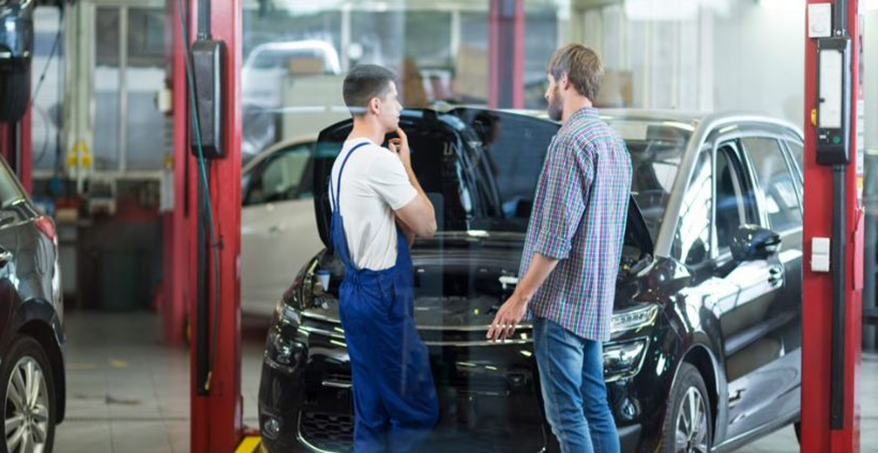Discover the Pro Tips every driver needs to know to outsmart shady auto repair shops.
Let’s face it—trusting your vehicle to someone else is a big deal. You’ve invested your hard-earned money in your car, and the last thing you want is to fall victim to auto repair scams that drain your wallet and leave problems unresolved. As a lifelong car enthusiast and industry insider, I’ve seen it all—from simple overcharges to full-blown fraud.
This guide is designed to give you the insider knowledge and practical tactics to help you spot scams, ask the right questions, and make smart repair decisions—whether you drive a daily commuter like the Toyota Corolla or a performance beast like the Ford F-150 Raptor.
Why Auto Repair Scams Happen So Often
The U.S. auto repair industry pulls in over $150 billion annually, and unfortunately, not all of that money comes from honest work. Many car owners aren’t well-versed in how vehicles function, making them easy targets for inflated repair costs, unnecessary services, or low-quality fixes.
But with just a bit of knowledge and confidence, you can turn the tables and take control.
Common Auto Repair Scams to Watch Out For
The Phantom Repair
You’re told your Honda CR-V ($30,000–$38,000) needed a full brake overhaul, but there’s no visible change and no returned parts. Always ask to see replaced components, and make sure your invoice itemizes every service.
Unnecessary Parts Replacement
Some mechanics may claim your Chevrolet Malibu ($25,000–$32,000) needs a new alternator or timing belt without evidence. Get a second opinion before authorizing repairs—especially for parts that aren’t showing symptoms of failure.
Overuse of Engine Flushes
Unless you’re driving in extreme conditions, most modern engines—like those in a Hyundai Elantra ($21,000–$28,000)—don’t need frequent flushing. Always check your manufacturer’s service schedule before agreeing to it.
Low Estimates That Grow Mid-Repair
You’re quoted $300, then told mid-job your Jeep Grand Cherokee ($39,000–$65,000) needs double the work. Never approve additional work unless you receive a clear revised estimate in writing.
Smart Steps That Protect You and Your Wallet
Get a Written Estimate
Many states require shops to provide a written estimate and cannot exceed it by more than 10% without approval. Always ask for one, and compare it across multiple repair centers.
Look for ASE Certification
Certified technicians by the National Institute for Automotive Service Excellence (ASE) are trained to uphold industry standards. If you don’t see the certification, it’s fair to ask.
Go Beyond Online Reviews
Reviews on Google and Yelp are helpful, but call the shop directly, ask questions, and listen for clarity and professionalism. A good shop will be transparent from the start.
Bring Backup if You’re Unsure
If you’re not mechanically inclined, bring along someone who is—especially if you’re driving a model like the Mazda3 ($23,000–$30,000). Having an extra set of ears and eyes can discourage shady behavior.
How to Build a Relationship With a Trustworthy Mechanic
Once you’ve found a shop that’s transparent, fair, and competent—stick with them. Reputable shops value repeat business. If you’re driving something more specialized, like a Subaru Outback ($30,000–$42,000), long-term relationships with knowledgeable mechanics are even more valuable.
Essential Questions to Ask Before You Approve Any Repair
-
Can I see the issue myself, or get photos?
-
Is this a repair I need right now, or can it wait?
-
What warranty comes with the work and parts?
-
What happens if the repair doesn’t solve the issue?
-
Will you call me before doing anything not listed in this estimate?
These aren’t just checklist items—they show the shop you’re informed, and they set the tone for an honest transaction.
Knowledge Is Horsepower
You don’t need to be a mechanic to protect yourself—you just need to know how to ask the right questions, recognize the warning signs, and trust your instincts. Whether you’re behind the wheel of a Kia Forte ($20,000–$26,000) or a BMW X5 ($66,000–$90,000), having the right information can save you thousands.
Always remember: the best mechanic is the one who earns your trust, not your fear.


